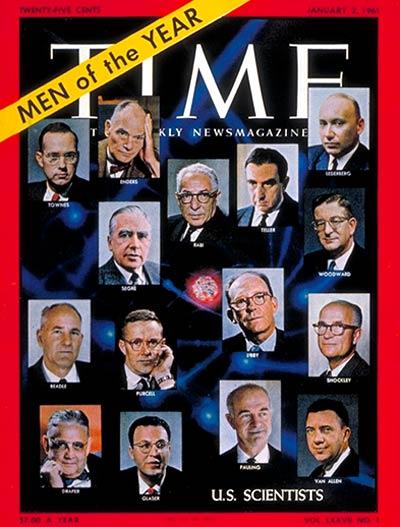As debates over academic freedom and scientific integrity intensify in the United States, a growing number of American researchers are finding themselves at the center of political and social controversies. In response, France has stepped forward with an unprecedented offer: refuge for U.S. scientists facing professional and personal attacks. This development highlights rising tensions within the scientific community and raises questions about the future landscape of research and innovation on both sides of the Atlantic.
U.S. Scientific Community Faces Intensifying Political and Social Pressures
Amid growing concerns over the polarization of science, many American researchers find themselves navigating an increasingly hostile environment. Political interference, misinformation campaigns, and social backlash have created a climate where scientific facts are frequently challenged, undermining public trust and threatening the integrity of research. Universities and institutions face budget constraints triggered by shifting government priorities, while individual scientists report harassment and censorship, hampering their ability to communicate objective findings freely.
In response to this escalating pressure, France has proposed proactive measures to attract and shelter U.S. scientists seeking refuge. The offer comes with promises of robust funding, academic freedom, and a collaborative environment that respects evidence-based inquiry. France’s initiative includes:
- Financial grants tailored to displaced researchers
- Visas and relocation support streamlining the transition
- Access to premier research facilities and global networks
- Integration programs to support career continuity
| Country | Research Funding (2023, in billions) | Academic Freedom Index |
|---|---|---|
| United States | $50 | 75% |
| France | $12 | 90% |
| Germany | $17 | 88% |
France Proposes Sanctuary Programs to Protect Repressed American Researchers
In a bold move to counteract the increasing political pressures and funding restrictions faced by American scientists, France has unveiled a series of sanctuary initiatives aimed at providing safe harbor for repressed researchers. These programs are designed to welcome U.S. academics whose work is hindered or censored due to ideological conflicts, granting them access to French institutions, grants, and collaborative networks without the fear of reprisal. French officials emphasize that fostering free scientific inquiry is crucial not only for innovation but as a fundamental democratic value.
Key components of the proposed sanctuary initiative include:
- Fast-tracked visas and residency permits for eligible researchers
- Integration into prominent French laboratories and universities
- Financial support covering research expenses and living costs
- Legal assistance to navigate international academic rights
This program serves as both a refuge and a statement against the growing suppression of scientific freedoms. As tensions mount within the American research landscape, France positions itself as a beacon for those seeking to preserve intellectual liberty and continuing discovery.
| Category | Support Offered | Targeted Researchers |
|---|---|---|
| Visas & Residency | Priority processing in under 3 months | Researchers facing political persecution |
| Funding | Grants covering up to 100% of research costs | Scientists with disrupted funding streams |
| Legal Aid | Consultations and advocacy services | Academics under threat of censorship or dismissal |
Policy Recommendations for Supporting Academic Freedom and Cross-Border Collaboration
To safeguard academic freedom and foster seamless cross-border collaboration, governments must implement policies that prioritize the protection of intellectual inquiry from political interference. Key among these measures is the establishment of international agreements that guarantee safe harbor for researchers facing persecution or unjust restrictions in their home countries. Such accords would encourage the free exchange of ideas without fear of retribution, bolstering innovation and reinforcing global scientific networks.
Additionally, investing in dedicated programs that facilitate the relocation and integration of foreign scientists can serve as a powerful tool in preserving critical expertise. These initiatives should include:
- Streamlined visa processes tailored specifically for academic professionals
- Financial grants and housing support to ease the transition
- Collaborative research grants linking institutions across borders
| Policy Element | Benefit |
|---|---|
| Safe Harbor Agreements | Protects academic freedom globally |
| Visa Streamlining | Reduces bureaucratic delays for scientists |
| Relocation Grants | Supports researcher integration abroad |
| Cross-Border Research Funds | Encourages collaborative innovation |
In Conclusion
As tensions rise and the political climate grows increasingly hostile toward scientific inquiry in the United States, France’s offer of refuge highlights a widening global response to these challenges. While American researchers face mounting obstacles at home, the transatlantic gesture underscores the critical importance of safeguarding freedom of thought and innovation worldwide. How the U.S. will address this crisis remains to be seen, but the international community’s role in supporting threatened scientists is now more essential than ever.




